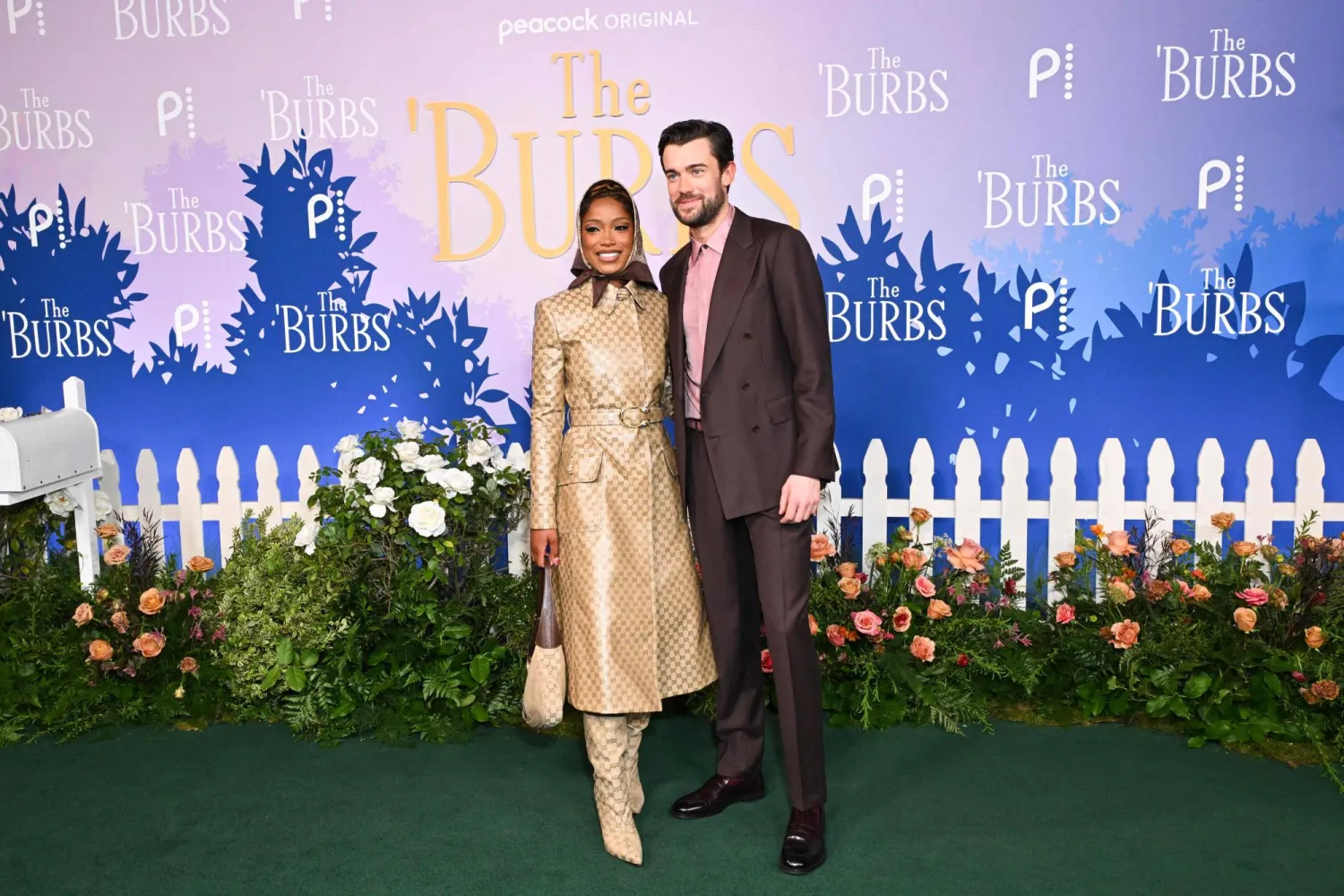Norman Jewison, the acclaimed and versatile Canadian-born director whose Hollywood films ranged from Doris Day comedies and "Moonstruck" to such social dramas as the Oscar-winning "In the Heat of the Night," has died at age 97.
Jewison, a three-time Oscar nominee who in 1999 received an Academy Award for lifetime achievement, died "peacefully" Saturday, according to publicist Jeff Sanderson. Additional details were not immediately available.
Throughout his long career, Jewison combined light entertainment with topical films that appealed to him on a deeply personal level. As Jewison was ending his military service in the Canadian navy during World War II, he hitchhiked through the American South and had a close-up view of Jim Crow segregation. In his autobiography "This Terrible Business Has Been Good to Me," he noted that racism and injustice became his most common themes.
"Every time a film deals with racism, many Americans feel uncomfortable," he wrote. "Yet it has to be confronted. We have to deal with prejudice and injustice or we will never understand what is good and evil, right and wrong; we need to feel how ‘the other’ feels."
He drew upon his experiences for 1967's "In the Heat of the Night," starring Rod Steiger as a white racist small-town sheriff and Sidney Poitier as a Black detective from Philadelphia trying to help solve a murder and eventually forming a working relationship with the hostile local lawman.
James Baldwin condemned the film’s "appalling distance from reality," and thought the director trapped in a fantasy of racial harmony that would only heighten "Black rage and despair." But The New York Times’ Bosley Crowther was among the critics who found the movie powerful and inspiring and in a year featuring such landmarks as "The Graduate" and "Bonnie and Clyde," Jewison’s production won the Academy Award for best picture while Steiger took home the best actor Oscar. (Jewison lost out for best director to Mike Nichols of "The Graduate").
Among those who encouraged Jewison while making "In the Heat of the Night": Robert F. Kennedy, whom the director met during a ski trip in Sun Valley, Idaho.
"I told him I made films and he asked what kind I make," he recalled in a 2011 interview with The Hollywood Reporter. "So I told him that I was working on ‘In the Heat of the Night’ and that it’s about two cops: one a white sheriff from Mississippi and the other a black detective from Philadelphia. I told him it was a film about tolerance. So he listened and nodded and said ‘You know, Norman, timing is everything. In politics, in art, in life itself.’ I never forgot that."
He received two other Oscar nominations: For "Moonstruck," the beloved romantic comedy for which Cher won an Academy Award, and "Fiddler on the Roof," the classic musical about a Jewish village in Russia that Jewison has said was offered to him under the mistaken belief he was Jewish.
His other notable films included the Cold War spoof "The Russians Are Coming, The Russians Are Coming," the Steve McQueen thriller "The Thomas Crown Affair" and a pair of movies featuring Denzel Washington: the racial drama "A Soldier’s Story" and "The Hurricane," starring Washington as wrongly imprisoned boxer Rubin "Hurricane" Carter.
A third project with Washington never made it to production. In the early 1990s, Jewison was set to direct a biography of Malcolm X, but backed out amid protests from Spike Lee and others that a white director shouldn’t make the film. Lee ended up directing.
Five Jewison films received best Oscar nominations: "In the Heat of the Night,The Russians Are Coming, The Russians Are Coming,Fiddler On the Roof,Moonstruck" and "A Soldier’s Story."
Jewison and his wife Margaret Ann Dixon (nicknamed Dixie) had three children, sons Kevin and Michael and daughter Jennifer Ann, who became an actress and appeared in the Jewison films "Agnes of God" and "Best Friends." The Jewisons were married 51 years, until her death in 2004. He married Lynne St. David in 2010.
Jewison, honored by Canada in 2003 with a Governor General’s Performing Arts Award, remained close to his home country. When he wasn’t working, he lived on a 200-acre farm near Toronto, where he raised horses and cattle and produced maple syrup. He founded the Canadian Film Centre in 1988 and for years hosted barbecues during the Toronto Film Festival.
The Toronto-born Jewison began acting at age 6, appearing before Masonic lodge gatherings. After graduating from Victoria College, he went to work for the BBC in London, then returned to Canada and directed programs for the CBC. His work there brought offers from Hollywood and he quickly earned a reputation as a director of TV musicals, with stars including Judy Garland, Danny Kaye and Harry Belafonte. Jewison shifted to feature films in 1963 with the comedy "40 Pounds of Trouble," starring Tony Curtis and Suzanne Pleshette.
The director’s light touch prompted Universal to assign him to a series of comedies, including "The Thrill of It All," which paired Day with James Garner, and "Send Me No Flowers," starring Day and Rock Hudson.
Wearying of such scripts, Jewison used a loophole in his contract to move to MGM for 1965’s "The Cincinnati Kid," a drama of the gambling world starring McQueen and Edward G. Robinson. He followed with "The Russians Are Coming, The Russians Are Coming," which starred Carl Reiner and Eva Marie Saint and was the breakthrough film for Alan Arkin.
His other films included "F.I.S.T.", a flop with Sylvester Stallone as a Jimmy Hoffa-style labor leader; "...And Justice for All" (1979), with Al Pacino fighting a crooked judicial system; and "In Country," featuring Bruce Willis as a Vietnam War veteran. His most recent work, the 2003 thriller "The Statement," starred Michael Caine and Tilda Swinton and flopped at the box office.
"I never really became as much a part of the establishment as I wanted to be," he told The Hollywood Reporter in 2011. "I wanted to be accepted. I wanted people to say ‘that was a great picture.’ I mean I have a big ego like anyone else. I’m no shrinking violet. But I never felt totally accepted — but maybe that’s good."









